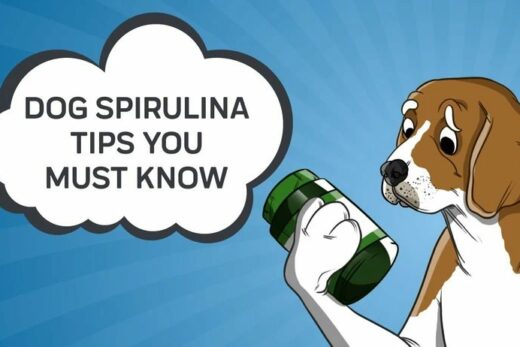
Are you sensing that your furry friend is a little off lately? Are they being extra lazy? This would totally make sense if you just finished playing fetch at the dog park or just came in from a hot summer walk around the neighborhood. When your four-legged pooch seems more tired than usual, doing their daily routine, it may be time to take note.
At the end of the day, you know your puppers best! When anything seems out of funk about your doggo, you’re sure the first to see it. While it can be very normal for your pup to nap for most of the workday, a decrease in their overall energy levels, especially during activities they usually enjoy, can be a clear indicator of something else going on under the surface.

Are you trying to pinpoint the cause of their excessive tiredness? Well, you’re in the right place because today we’ll be talking about the common signs and symptoms of excessive lethargy and how you can help your furry friend in the best ways possible. Acknowledging and recognizing signs of health concerns are best if caught early. So if you suspect that your furry canine is acting “weird”, take a visit to the veterinarian sooner than later.
What is Tiredness in Canines?
As soon as you say the words ‘outside’ or ‘walk’ or ‘dinner time’ your pup comes rushing into the room like there’s something chasing them. If you don’t see your dog beaming with excitement when dinner time approaches or it’s time to go outside, it’s time to recognize if and what’s going on. Tiredness, or lethargy, can be easy to identify. For instance, your four-legged friend may display the following signs and symptoms:
- Low vitality
- Exercise intolerance
- Exhaustion
- Lack of interest in exciting activities
- Staggered
- Slow movements
- Dopiness
- General apathy for something
Lethargy is often a common symptom that can be a sign of numerous health concerns, conditions, or diseases. So when fido isn’t as excited to exercise or head to the dog park, how do you (as a paw parent) figure out what’s the issue?
A smart approach would be to take note of their symptoms and talk to your vet about what you’re seeing and sensing.
Any slow advancements of symptoms, for instance, maybe a sign of disease that is worsening over time. If your pup is minorly disinterested in their daily activities and this continues to get worse, it may be time for an immediate visit to the vet.
Here are some of the most common health problems in dogs were tiredness and lethargy are signs for concern:
1. Dehydration
Your pup may just need some more quality H2O. During a busy work-from-home day, you may forget to fill up their water bowl, and it’s okay! Ensure that your dog has fresh water both inside and outside your place. If your four-legged friend seems tired while there’s a heatwave out or after a good game of fetch, giving them fresh water may be all they need to getting back to their normal selves.

2. Pain or Discomfort
It’s completely and utterly normal if your pup slows down due to distress, discomfort, or pain. Doggos who are experiencing soreness or pain may become more lethargic than usual. Be sure to monitor any other signs of discomfort, such as reduced mobility, licking, scratching, lack of appetite, inflammation, or gnawing. The pain they may be displaying could be due to internal issues or physical traumas.
3. Potential Poisoning
There are tons of tons of potential toxins and human foods that can be extremely poisonous to dogs. Even you knowing this, won’t stop your pup from constantly trying to eat and drink and bite everything in their way. From the couch throw pillow to the corner of your bed frame, your pup may not have many standards for their insatiable appetite.
The list of items that may cause toxicity in your canine or feline is a whole slew of a laundry list. The most commonly seen signs of toxicity can include loss of appetite, decreased respiration, agitation, tremors, seizures, or blood in vomit or stool.





